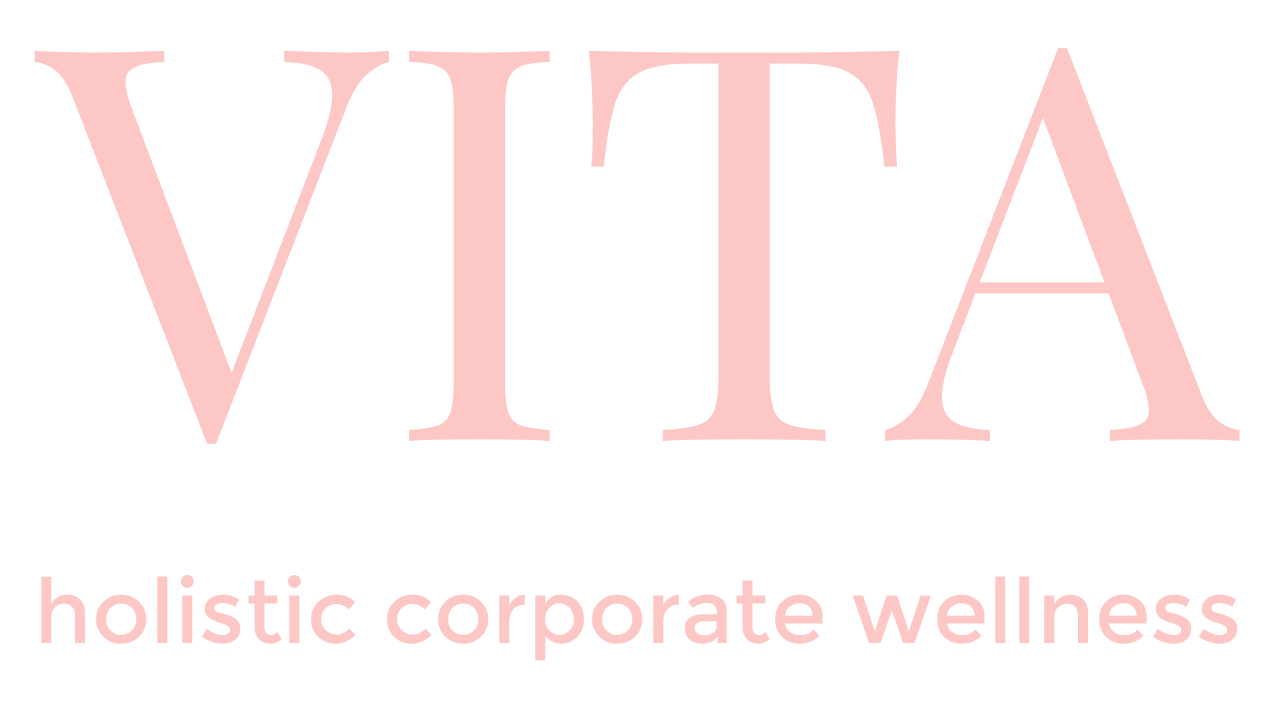Trauma-Informed Mental Health First Aid
Pitfalls of the typical Trauma-Informed Mental Health First Aid approach
The standard trauma-Informed Mental Health First Aid course is typically delivered over 2 days without any follow-on learning, reflection sessions or continuous development. We don’t believe this ‘one-and-done’ course approach is appropriate, or enough time to develop competency in this complex area. We see it as only the starting point of learning.
We have also seen workplaces place unfair, unrealistic expectations on those who have completed this short course to then take on an advisory role, or to overwhelm them with responsibility for company-wide mental health matters. This places participants in an uncomfortable and compromising position that they are not equipped for.
We have heard participants of the MHFA 2 day course say they felt out of their depth and nervous about handling a case of someone struggling, post their training. On top of those nerves (which are often only natural and justified), they felt pressure and expectation from leadership that they ‘knew what they were doing’ because they had completed the training.
We have designed our programme differently.
We think developing and honing emotional intelligence skills is a lifelong process. We prefer to partner with participants over the longer-term, to aid their continuous development and give them time to reflect on how they are using their skills to deal with cases. It also gives them the opportunity to grow their skillset further, by identifying and remediating gaps and establishing best practices.
Why the Trauma-Informed Mental Health First Aid approach?
A trauma-informed viewpoint facilitates deeper understanding by considering root-cause, environmental factors and using a human-centred approach to look at mental health matters. This uses the latest developments in trauma recovery, including cutting-edge research from the world’s leading trauma expert.
We believe looking at mental health from a trauma-informed lense is the most holistic way to approach MHFA. We believe this approach deepens participant understanding.
Even if you have run a MHFA course before, we highly recommend adding the trauma-informed approach as a follow-on training. It’s a perfect way to facilitate continuous development and grow your team’s skillset further by considering the latest in trauma research.
Programme steps
- Step 1 – TIMHFA 2-day course
Here, participants will be looking through a trauma-informed lens to explore common triggers, values and beliefs that may show up in the workplace. It’s a great starting point to gain understanding of mental health matters, by exploring the dynamics of human development and behaviour.
- Step 2 – 6 group mentoring sessions
Participants then go on to receive 6 group mentoring sessions over at least 6 months. This is a space to explore their experience of using the training in day-to-day life. It’s a good place to reflect on how they have handled cases, celebrate success, identify where there are gaps and take steps to remediate them.
- Step 3 – Low-Judgement Linguistics Half-Day Workshop
This workshop helps participants learn how to hold space for others using the language of the 8 C’s:
- Courage
- Confidence
- Creativity
- Calmness
- Compassion
- Curiosity
- Clarity
- Connectedness
This workshop is a wonderful opportunity to hone non-confrontational language skills. Approaching our conversations with others in this way is not just a great way to make others feel safe and heard when it comes to dealing with mental health matters, or challenging times in life, but it’s also a great way to approach almost all conversations.
Delivery
- In-house
- Remote (online)
- Hybrid
